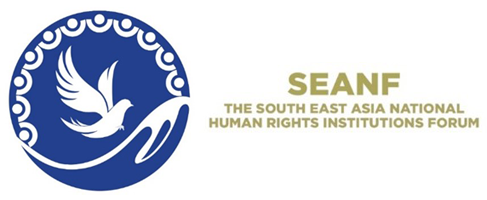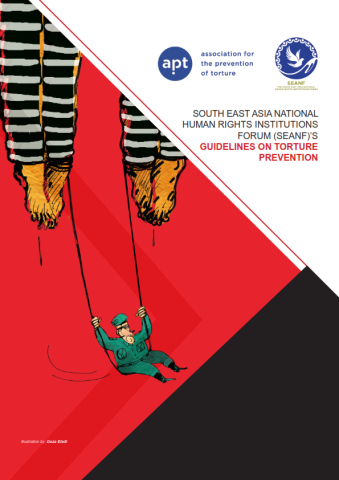National Human Rights Institutions (NHRIs) are undoubtedly among the leading advocates in the global fight against torture. Their roles, as clearly outlined in the Vienna Declaration and Programme of Action (1993), emphasize their critical function in preventing torture. This includes providing advisory support to competent authorities, addressing and remedying human rights violations, and disseminating information and education on human rights.
In the Southeast Asian region, NHRIs have shown remarkable commitment, capacity, and leadership in advancing national efforts to promote, protect, and uphold human rights. They play a vital role in ensuring compliance with international human rights commitments, particularly those under the United Nations Convention against Torture and Other Cruel, Inhuman or Degrading Treatment or Punishment (UNCAT) and its Optional Protocol (OPCAT). Through their work, NHRIs contribute significantly to the prevention of torture and the promotion of human dignity across the region.

